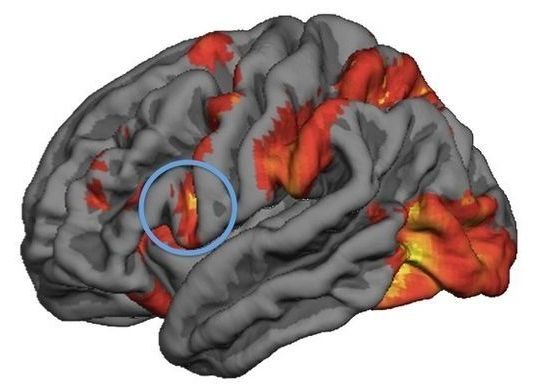It is wartime. You and your fellow refugees are hiding from enemy soldiers, when a baby begins to cry. You cover her mouth to block the sound. If you remove your hand, her crying will draw the attention of the soldiers, who will kill everyone. If you smother the child, you’ll save yourself and the others.
If you were in that situation, which was dramatized in the final episode of the ’70s and ’80s TV series “M.A.S.H.,” what would you do?
The results of a new UCLA study suggest that scientists could make a good guess based on how the brain responds when people watch someone else experience pain. The study found that those responses predict whether people will be inclined to avoid causing harm to others when facing moral dilemmas.









Apparently, it’s all genetic…
Scenarios like this can be complicated. I would feel there is always an out saving everyone, no matter how unlikely. Rational people would be assessing their options and defenses along the way.
Assuming one is trapped without weapons of any kind in a hiding place, I would desperately be searching for a way to muffle the babies cry without harming it, like with cloth or human body warmth. Also, simultaneously planning members stance beside an opening ready to risk wrestling a weapon from the enemy entering the hiding play, hoping to fight back and save most members, and the baby.
I would take a fleeting chance to save as many as possible, or die trying. There is always a chance you win, no matter how unlikely.